Article
AG Liz Murrill defends President Trump’s Executive Order challenging Birthright Citizenship for children of illegal aliens
Attorney General Liz Murrill joined 17 other states in defending President Trump’s executive order that restores the original meaning and value of American citizenship while ending birthright citizenship and the loophole for birth tourism and illegal aliens.
On day one in office, President Trump signed an executive order to end the birthright citizenship loophole for birth tourism and illegal aliens. This order follows record illegal crossings on the southern border under the Biden-Harris administration, including convicted criminals, violent gang members, and suspected terrorists. The executive order eliminates the incentive for illegal immigration by reserving birthright citizenship for children born in the United States to American citizens or legal noncitizens like lawful permanent residents.
“Neither the Framers of our Constitution nor the authors of the 14th Amendment ever intended citizenship to be automatically granted to the children of illegal aliens born on U.S. soil after invading our country by the millions. This is a common-sense executive order to defend Louisiana and American sovereignty,” said Attorney General Murrill.
In 2023, an estimated 225,000-250,000, or 7% of all, births in the U.S. were to illegal aliens—six times more than the total number of all births in Iowa that same year. Taxpayers also foot the bill for these births through Medicaid, children’s health insurance, and healthcare for the accompanying family. Reports show that the lure of birthright citizenship has inspired some pregnant women to cross the southern border even the day before or day of giving birth, with some going into labor while still wet from swimming across the Rio Grande river.
The States make the case that President Trump’s executive order is constitutional and follows the original meaning of the 14th Amendment. The 14th Amendment has a two-part test for granting American citizenship:
1. Was the individual born or naturalized into the United States?
2. Is that individual subject to the “jurisdiction” of the United States?
The brief describes how only children born to American citizens or legal noncitizens like lawful permanent residents pass both parts of the test.
Louisiana joined the Iowa-led briefs, along with Alabama, Arkansas, Florida, Idaho, Indiana, Kansas, Mississippi, Missouri, Montana, Nebraska, North Dakota, Oklahoma, South Carolina, South Dakota, Utah, and Wyoming.
